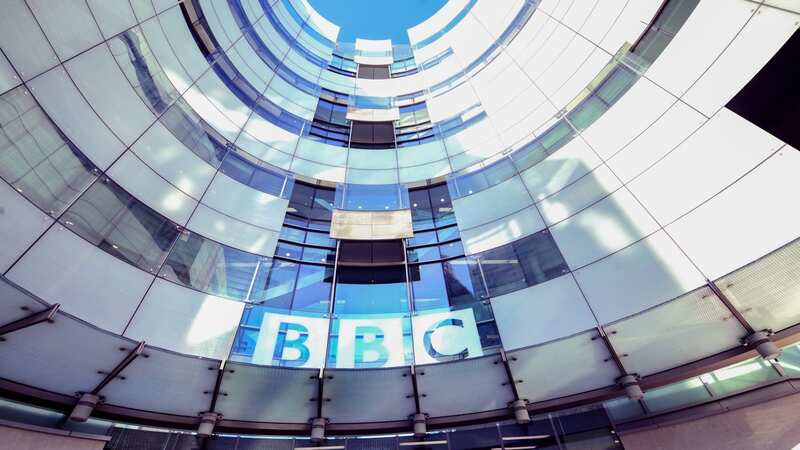TV licence fee to hike next year - check how much you'll be paying
The BBC licence fee is set to rise by over £10, despite uproar from many, the Culture Secretary has confirmed.
It will rise from £159 to £169.50 next year in line with September's consumer prices index (CPI) inflation figure Culture Secretary Lucy Frazer told MPs. The new price will be introduced in April 2024. The price of a TV licence has remained frozen for the last two years and over the last few days it had been suspected that the fee would increase by almost £15 to £173.30.
In the statement to the Commons, the Culture Secretary also announced a review into the BBC's funding model. Frazer admitted the £10.50 fee "will still be felt by licence fee payers", as well as acknowledging "increasing pressure on the BBC licence fee income" due to "a rapidly changing media landscape".
She said: "The BBC is a great national institution and we want to ensure it is fit for the present and whatever the future holds, while keeping costs down for the public. This means ensuring the BBC is supported by a funding model that is fair to audiences supports the creative industries and is sustainable in the age of digital and on-demand media."
To watch or record live TV on any channel in the UK you must have a TV licence. This applies whether you watch on a TV, PC, laptop, tablet, or phone. The money from the fee is also the BBC's main source of funding.
 EastEnders' Jake Wood's snap of son has fans pointing out the pair's likeness
EastEnders' Jake Wood's snap of son has fans pointing out the pair's likeness
However, Shadow Culture Secretary Thangam Debbonaire criticised her "pitiful comments on support with the cost of living crisis are not fools" adding: "We've had weak mealy mouthed platitudes that will make no material difference to their lives."
The lower fee increase will come as a blow to the BBC, which is seeking to make £500million of savings in the face of high inflation and the two-year freeze on the fee. Last week it announced huge cuts to its flagship Newsnight programme, with its 57-strong workforce reduced to 23 in a move expected to save £7.5million.
Earlier this year the BBC also announced it would broadcast 1,000 fewer hours of new TV programmes this year as part of a drive to save money. Other cost-cutting measures include moving a number of World Service TV and radio broadcast services online, and merging the domestic and global news channels.
Speaking on the way to the COP28 summit in Dubai last week, Rishi Sunak warned the BBC to be "realistic" over how much it expects people to pay for the licence fee. "First thing to say is, I think it is welcome that the BBC are looking at making savings and efficiencies in how they operate," he added. "It's really important that when things are difficult everyone is doing what they can to ease the cost of living on families. That's certainly what I have done over the last year and made a bunch of decisions that haven't been easy."
The licence fee announcement came just a day after veteran TV executive Dr Samir Shah was named as the Government's preferred candidate to become BBC chairman. The role was vacated earlier this year by former Goldman Sachs banker Richard Sharp, who resigned after failing to declare his connection to an £800,000 loan made to Boris Johnson.
In a statement, the BBC Board said: "We note that the Government has restored a link to inflation on the licence fee after two years of no increases during a time of high inflation. The BBC is focused on providing great value, as well as programmes and services that audiences love. However, this outcome will still require further changes on top of the major savings that we are already delivering. Our content budgets are now impacted, which in turn will have a significant impact on the wider creative sector across the UK. We will confirm the consequences of this as we work through our budgets in the coming months.”
Read more similar news:
Comments:
comments powered by Disqus


































